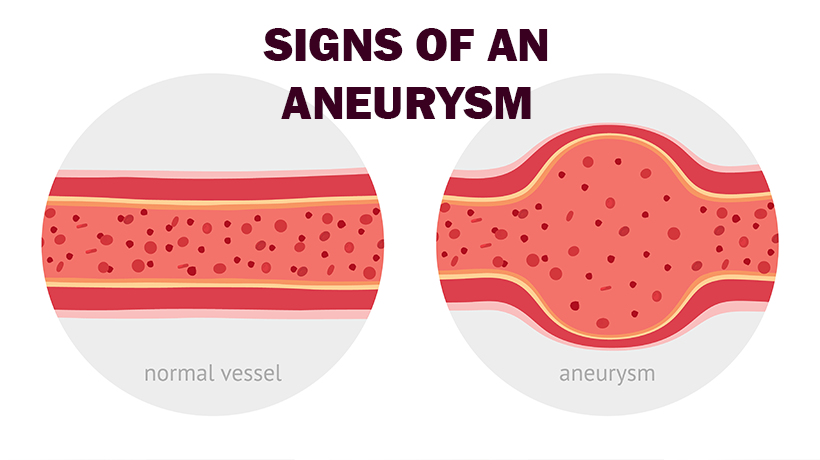While there can be many reasons we experience head pain, it’s important to recognize changes in sensitivity or pain near the head as they might be a sign of something more malicious. A brain aneurysm is more common than you might think, with actress Emilia Clarke from Game of Thrones recently revealing that she experienced two brain aneurysms while filming the show.
A general type of brain aneurysm — a cerebral brain aneurysm — exhibits signs of swelling in a blood vessel before it ruptures. In order to avoid sometimes fatal complications like hemorrhaging when a blood vessel does rupture, it’s key to pick up on the gradual signs that something abnormal may be developing in your brain’s blood flow patterns. Here are five warning signs that you may be on the verge of a brain aneurysm.
Pain above and behind the eye
While most cerebral aneurysms do not showcase signs until they are big or rupture, a telltale sign of an impending rupture of a blood vessel due to an aneurysm is when the blood vessel puts pressure on tissues and nerves, such as those around the eye.
Vision changes or double vision
As a cerebral aneurysm can put pressure on the sensitivity or feeling of the eye, it can also lead to changes in the function of the eye. One can experience vision changes like double vision suddenly or gradually as the aneurysm puts pressure on the tissue.
Numbness or weakness
Just as a growing and soon-to-rupture aneurysm puts pressure on the tissue and nerves of the eye, it can also do so anywhere in the area and cause numbness and weakness in the face as a result. It can also lead to paralysis of the face.
Headache
Sometimes an aneurysm may leak a small amount of blood into the brain, called a sentinel bleed. Sentinel or warning headaches may result from an aneurysm that suffers a tiny leak, days or weeks prior to a significant rupture.
A sudden, severe headache
When a blood vessel has ruptured as a result of a cerebral brain aneurysm, you will experience a sudden and severe headache that feels like “the worst headache of your life.” You may also experience nausea, seizures, sensitivity to light, or loss of consciousness briefly or for a prolonged period of time.



